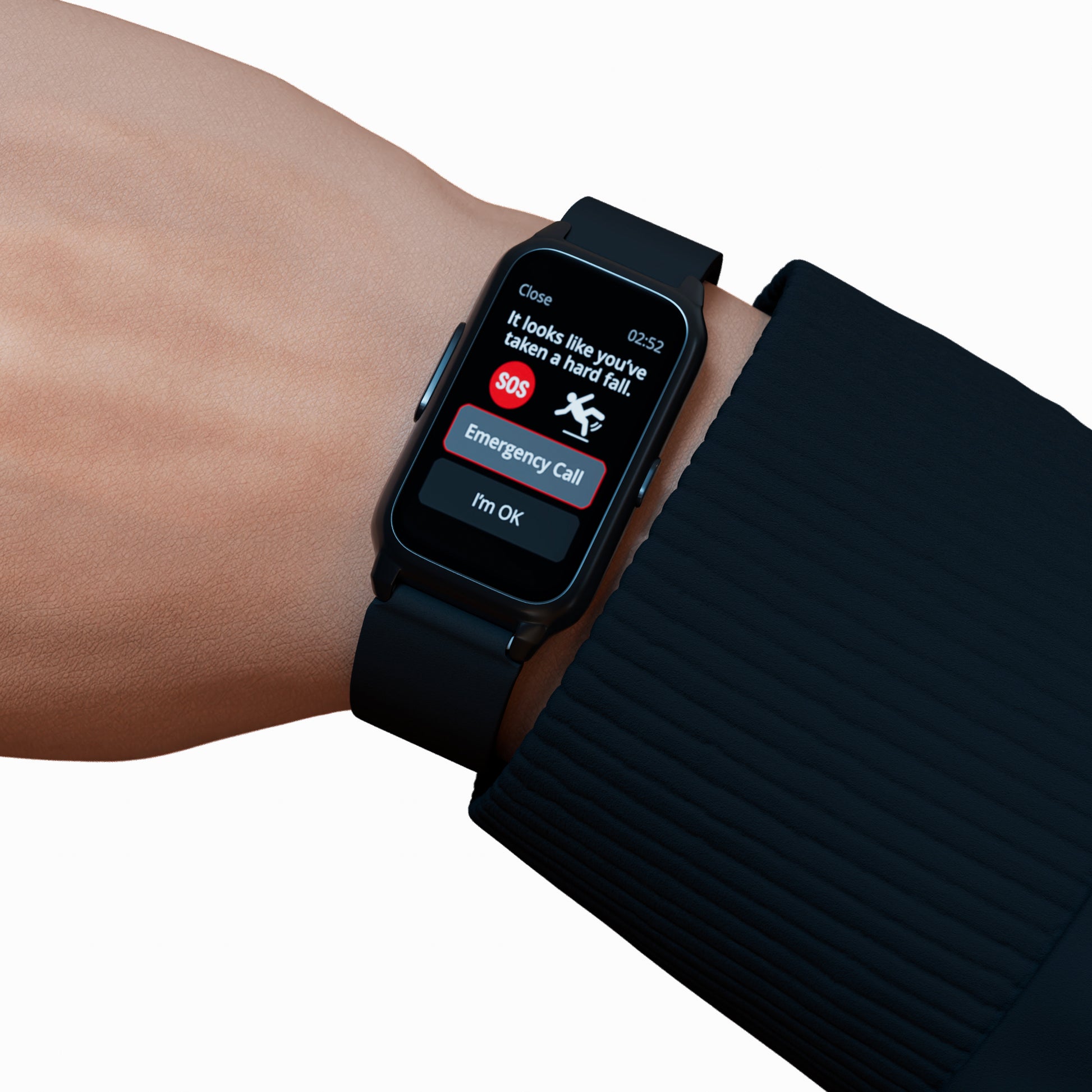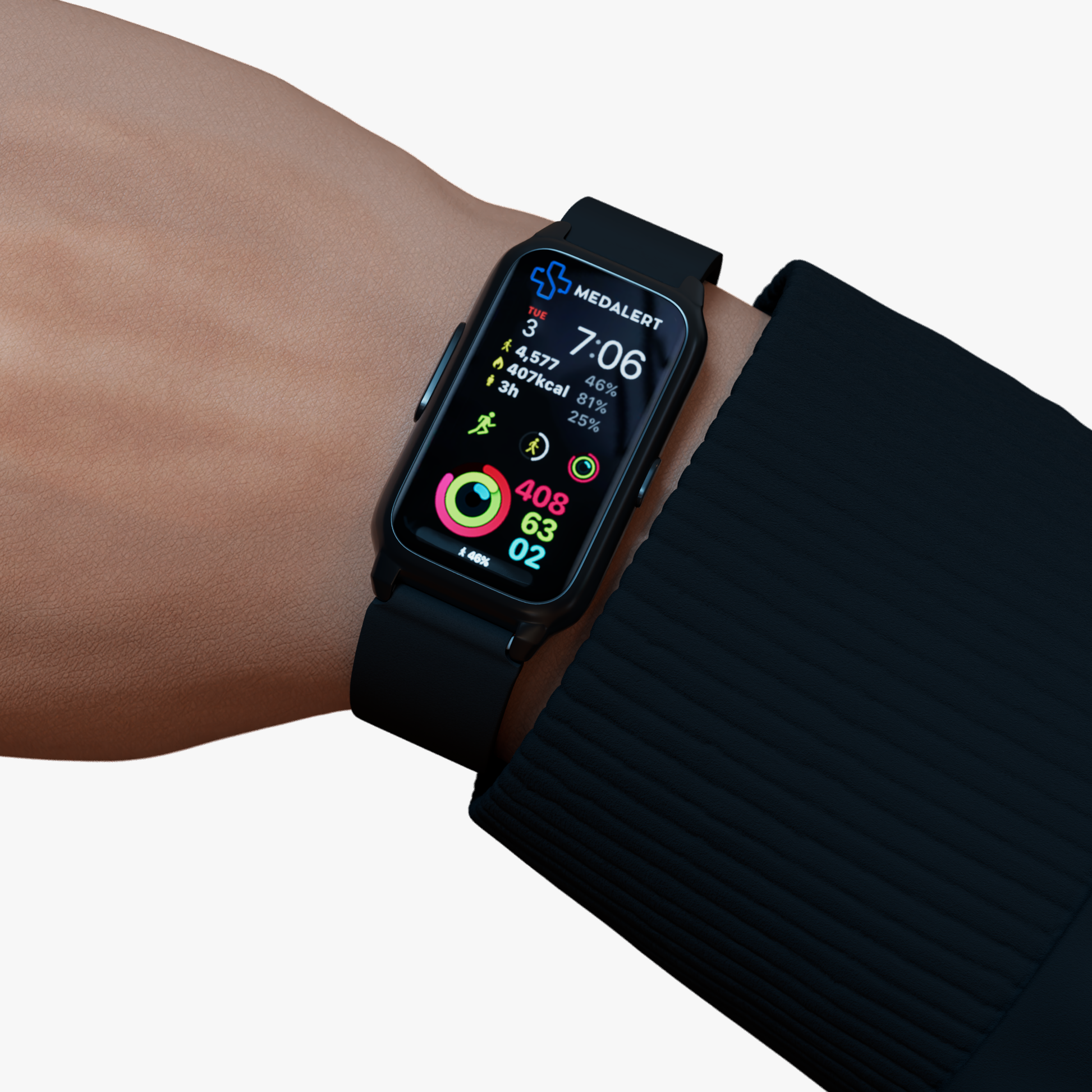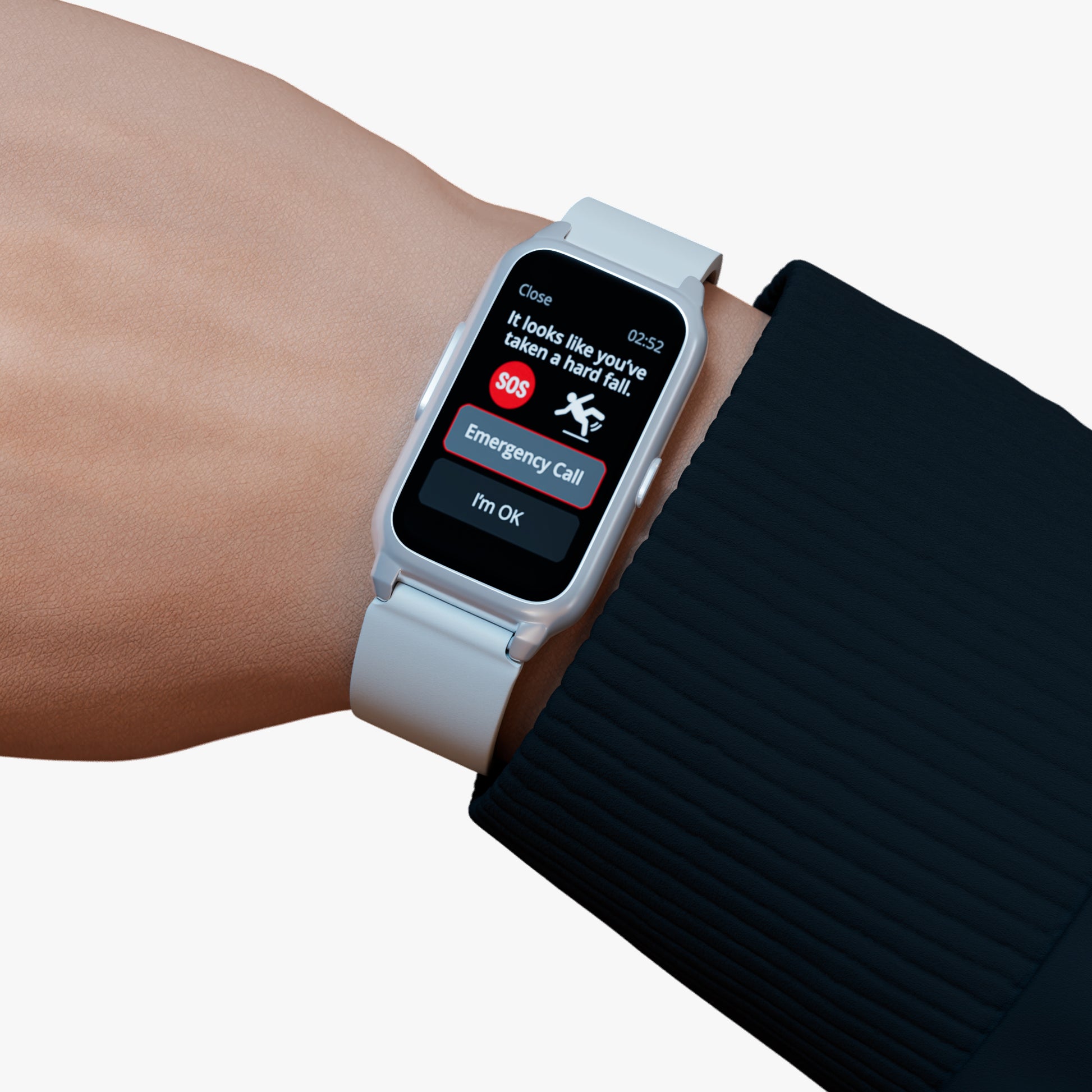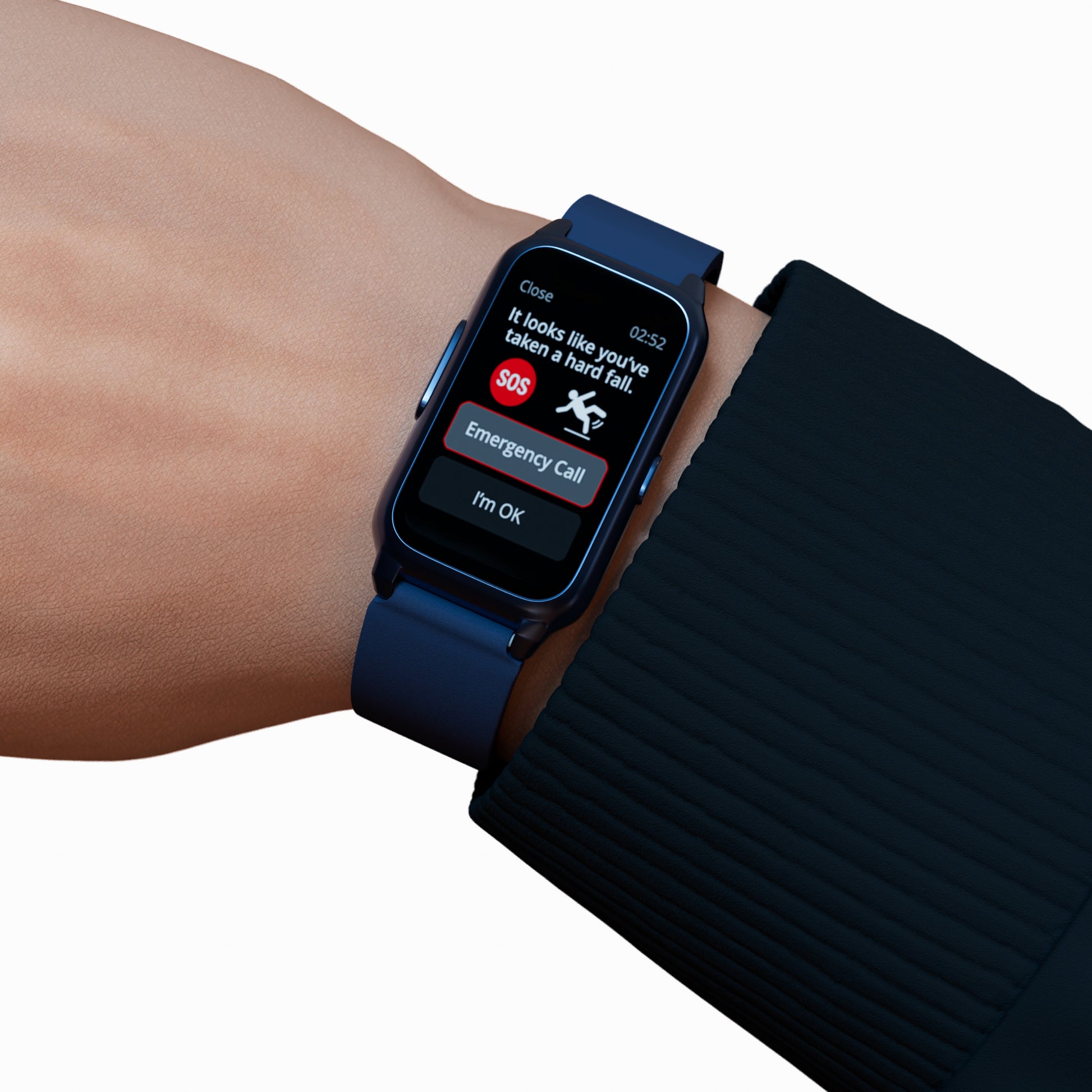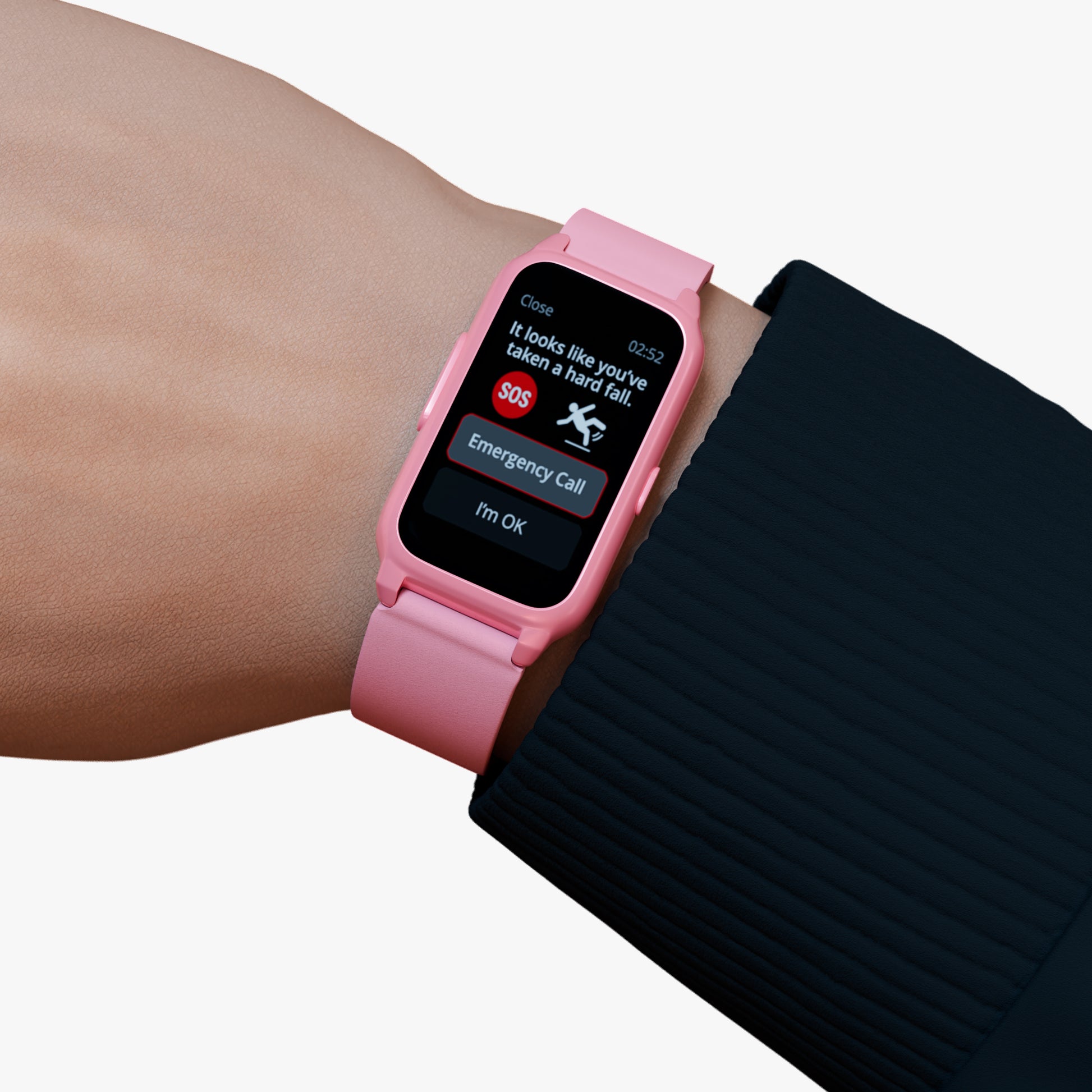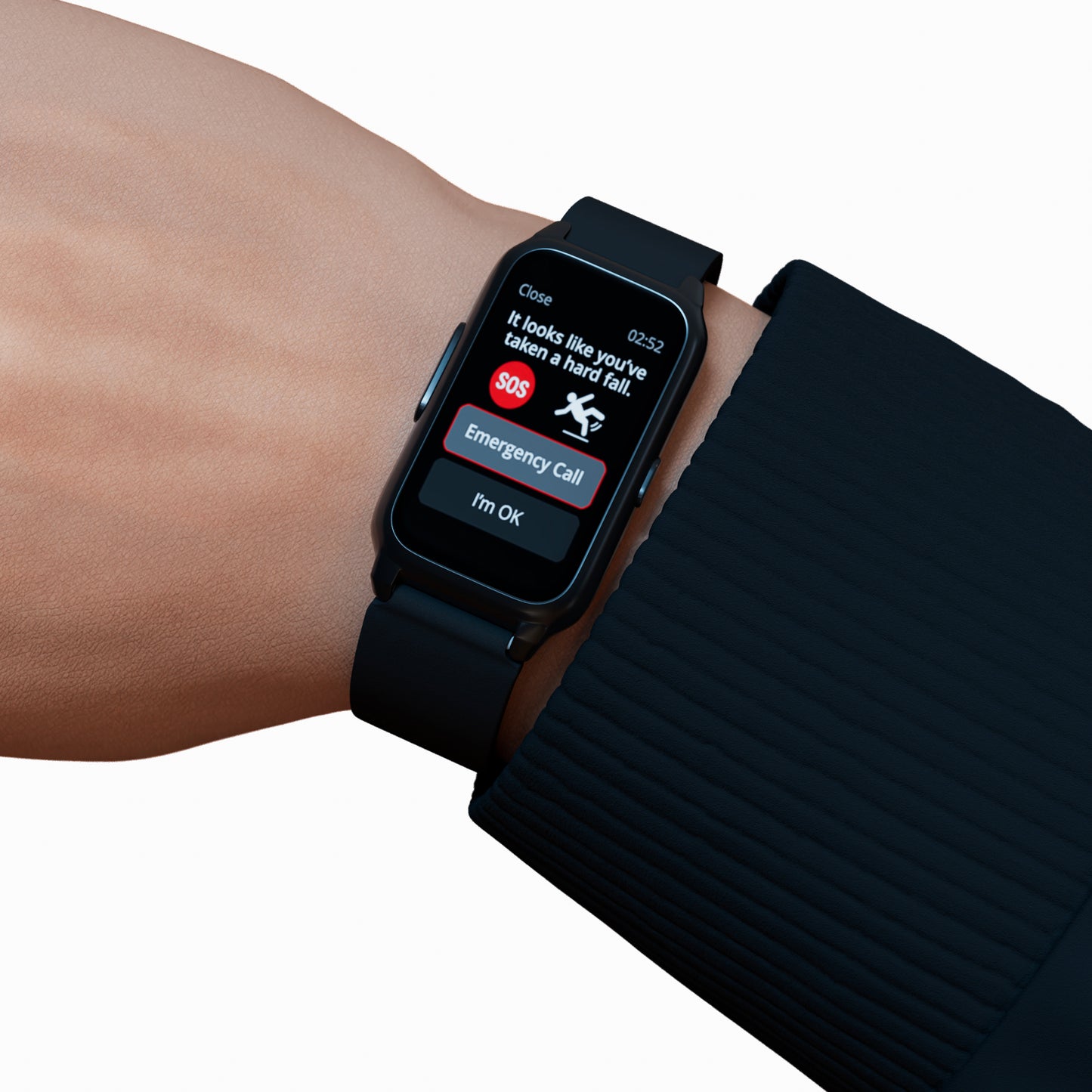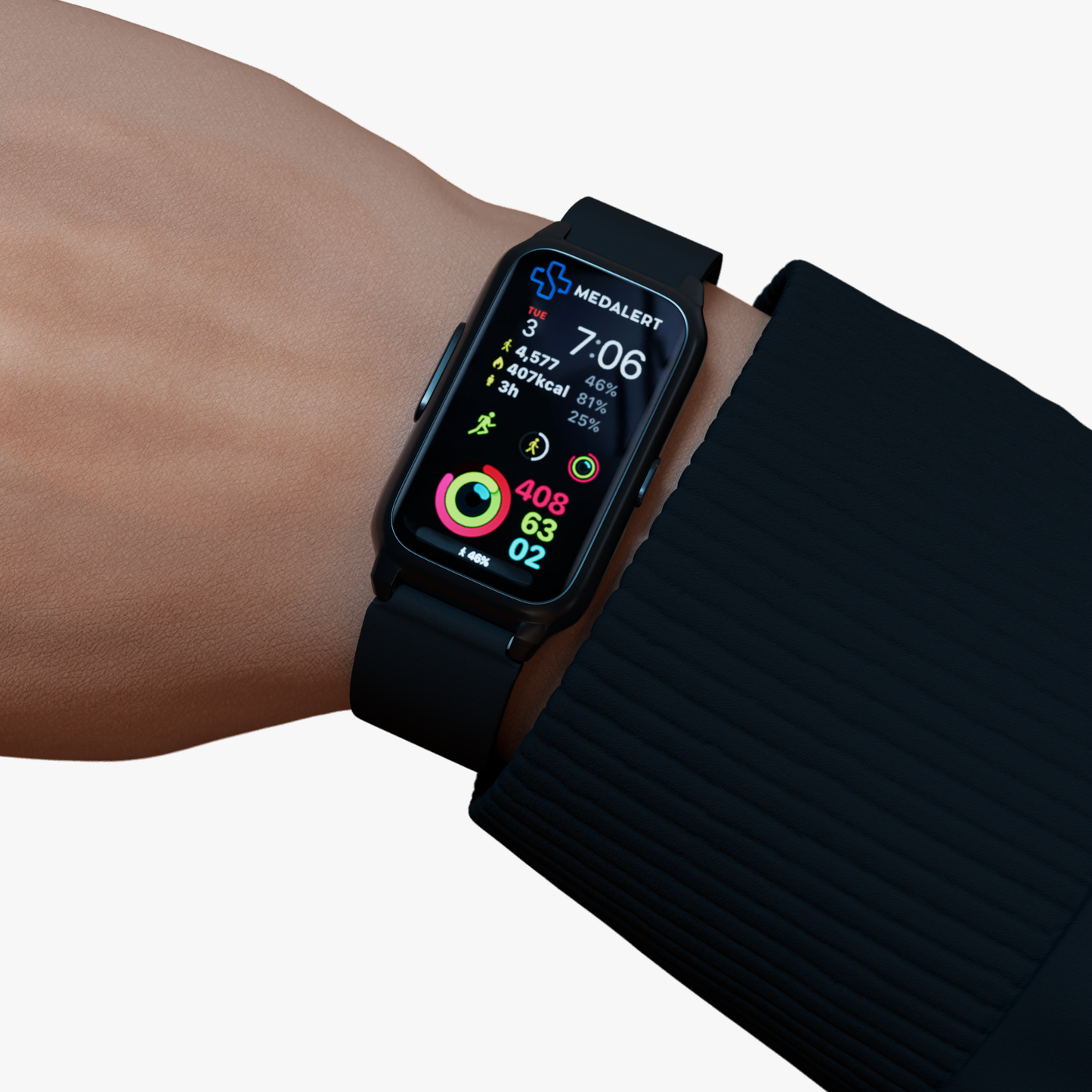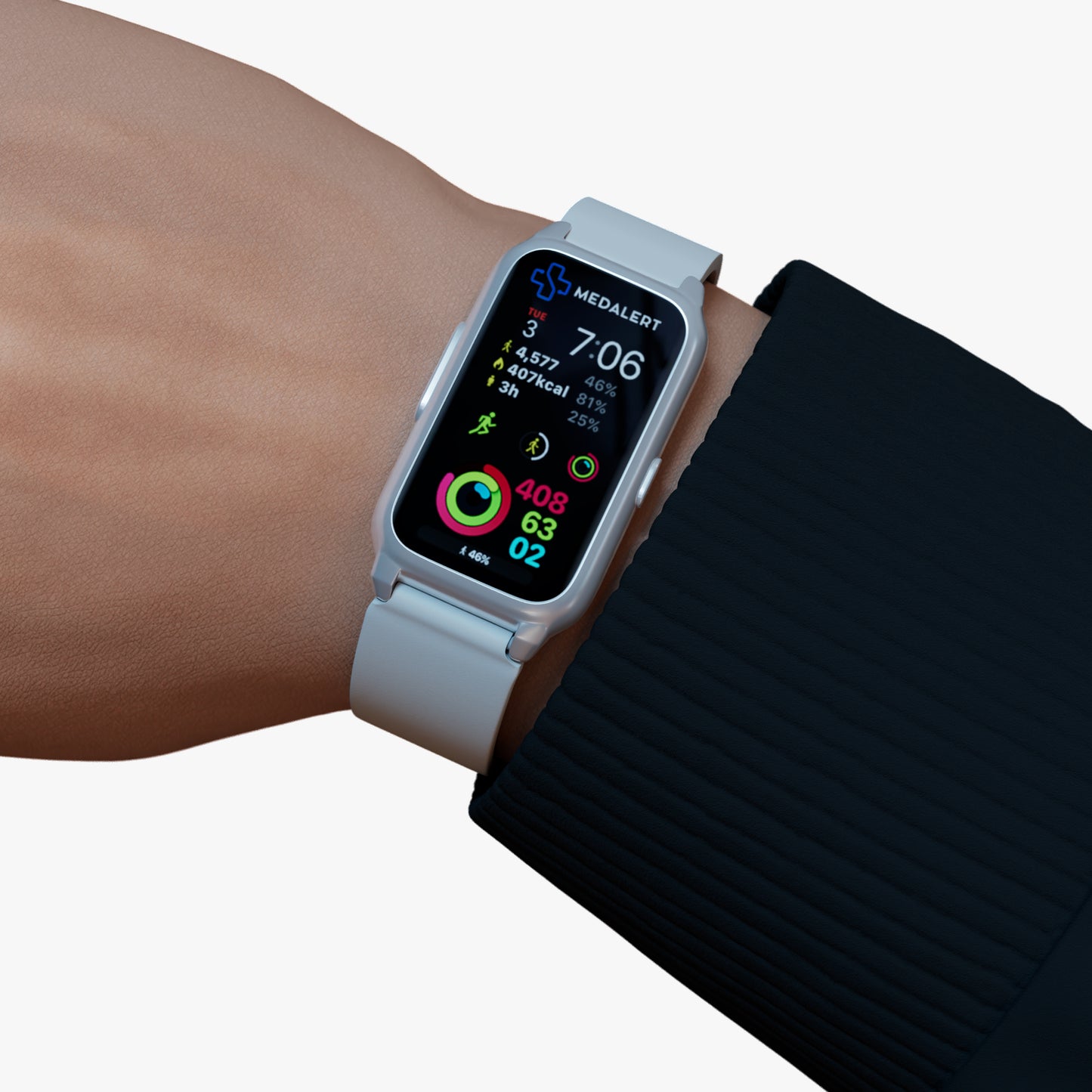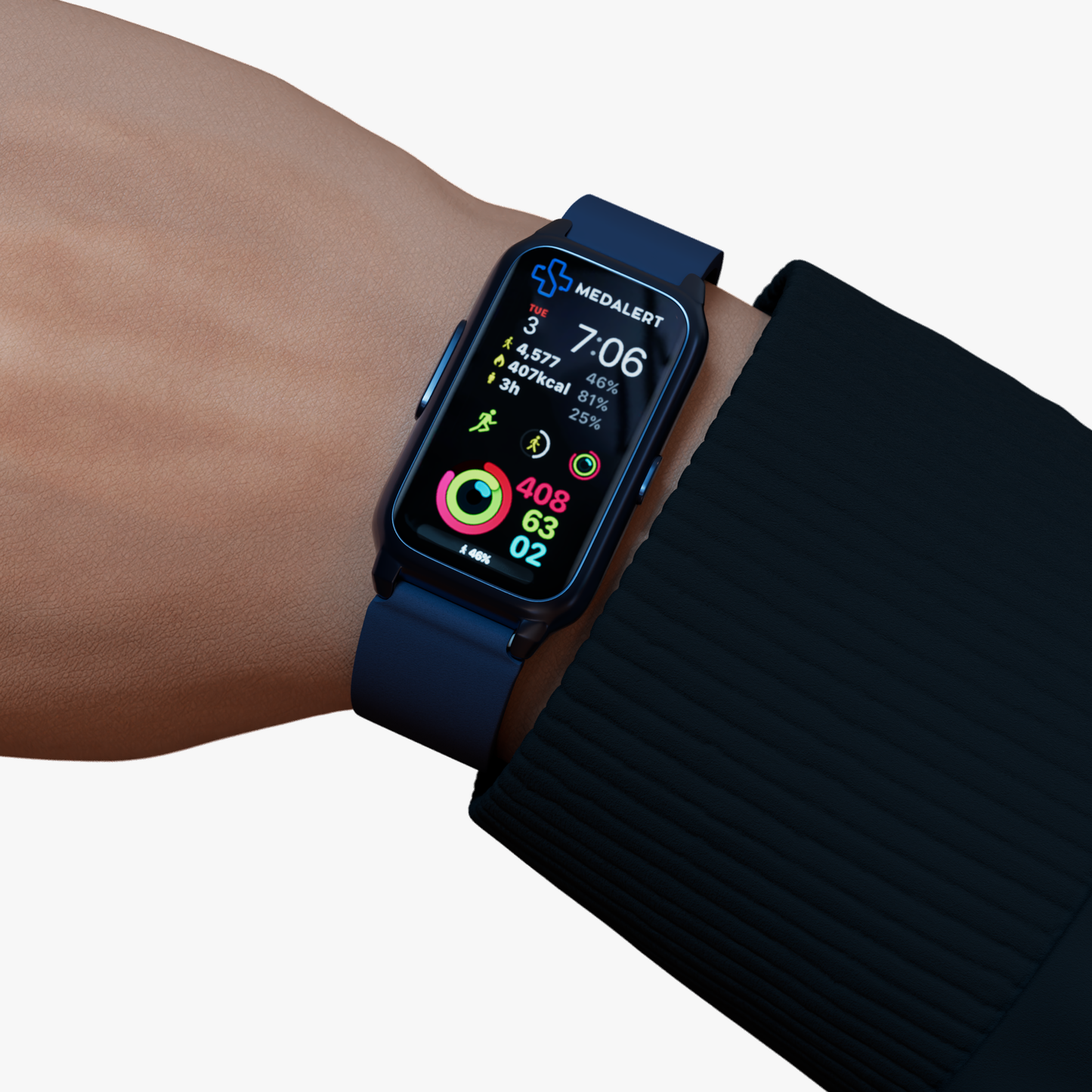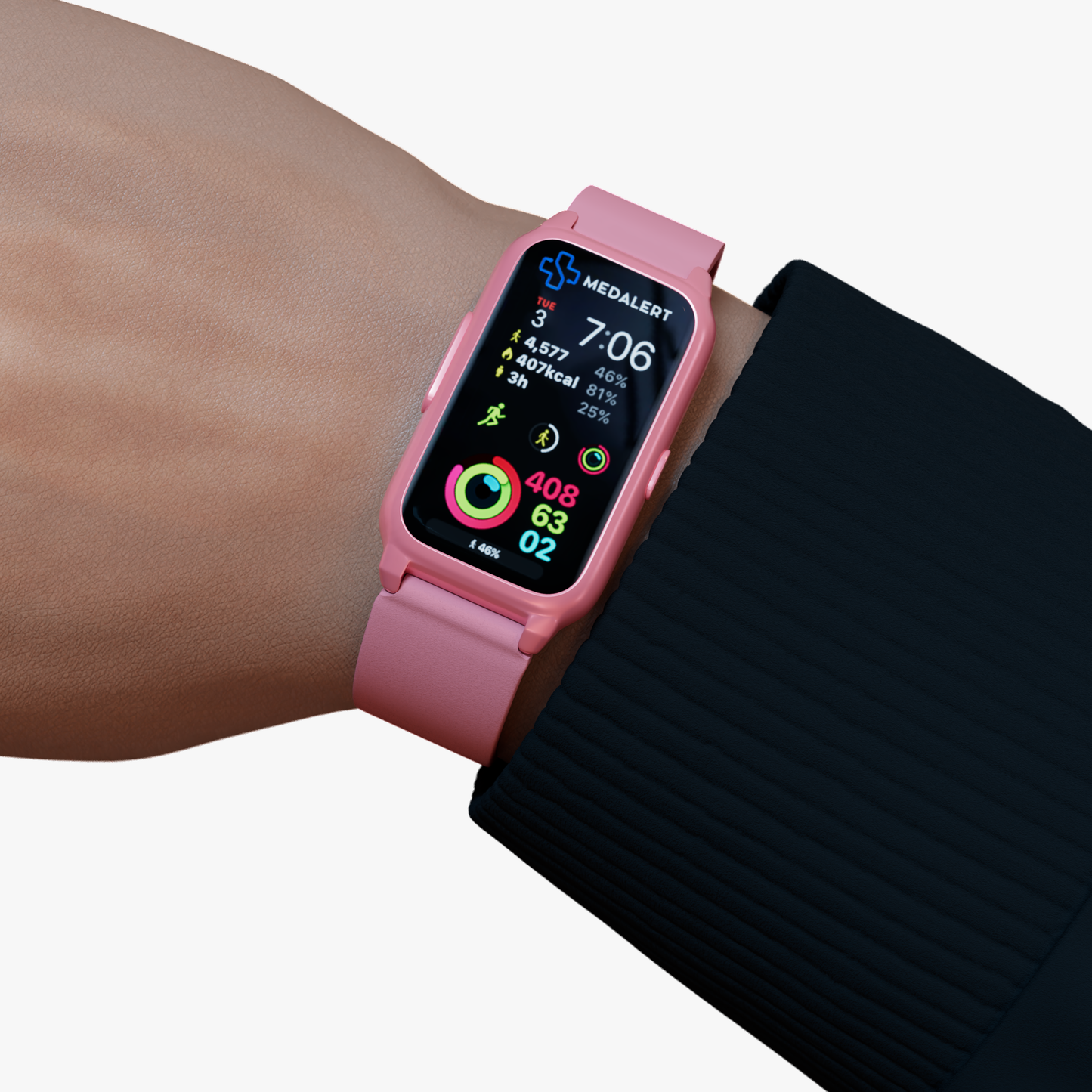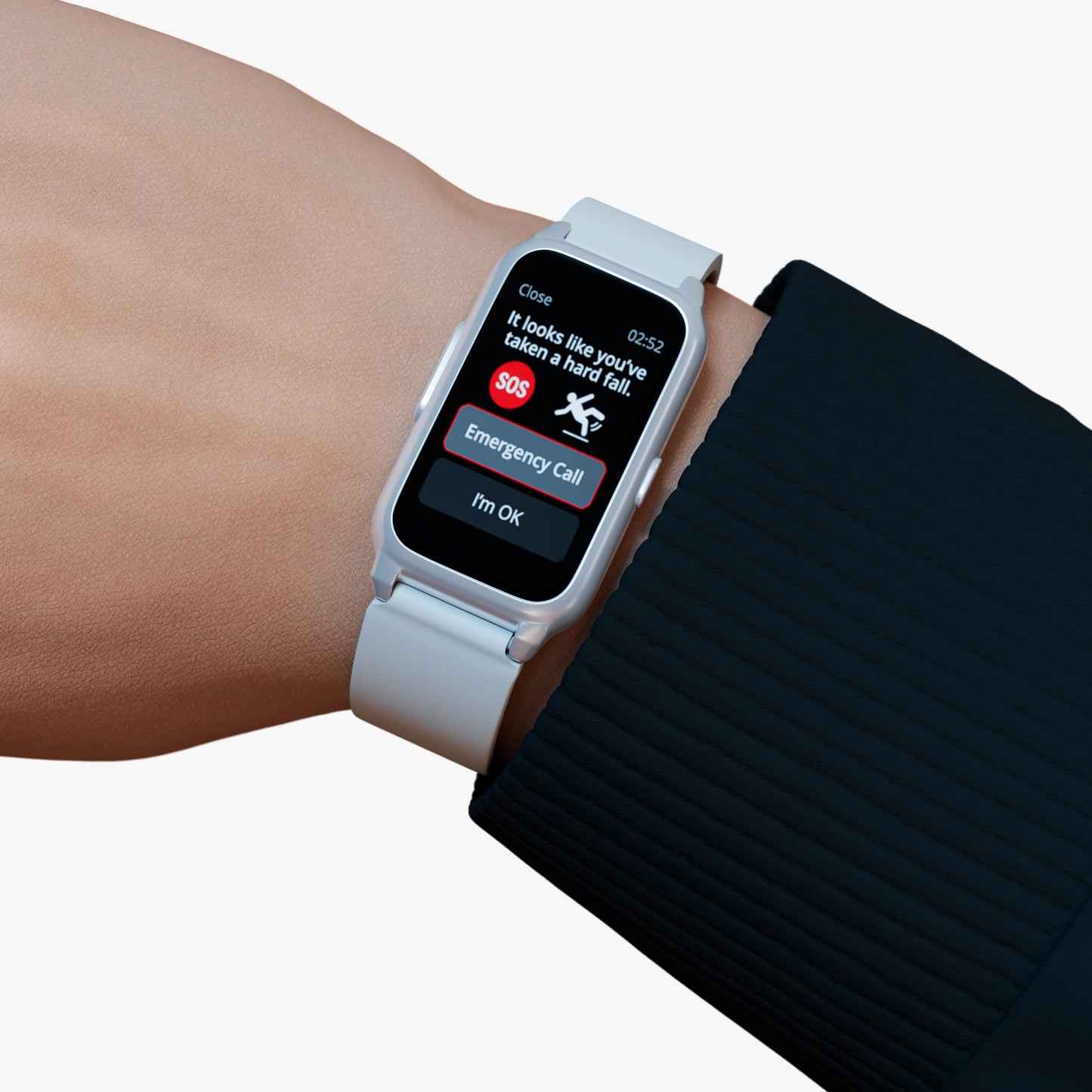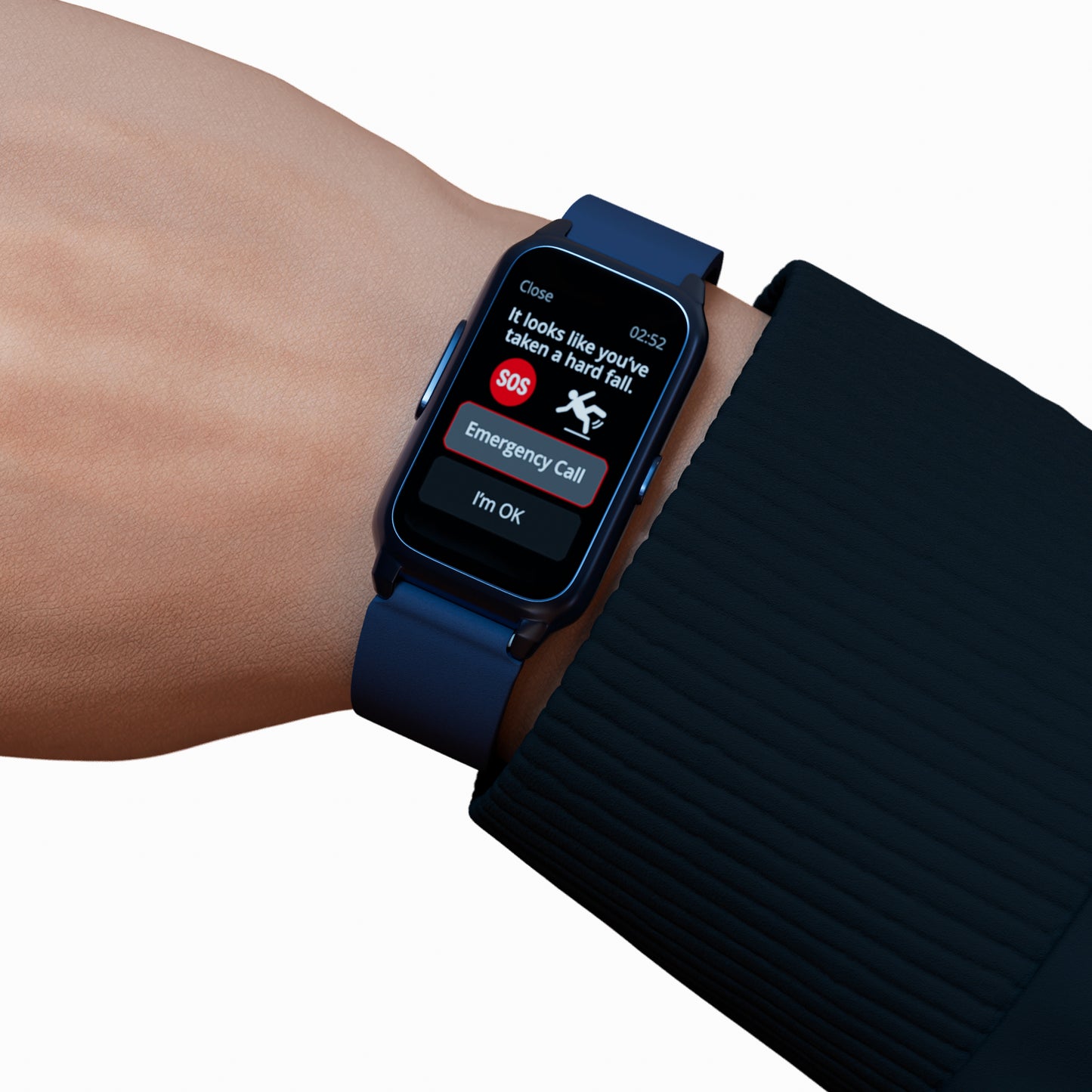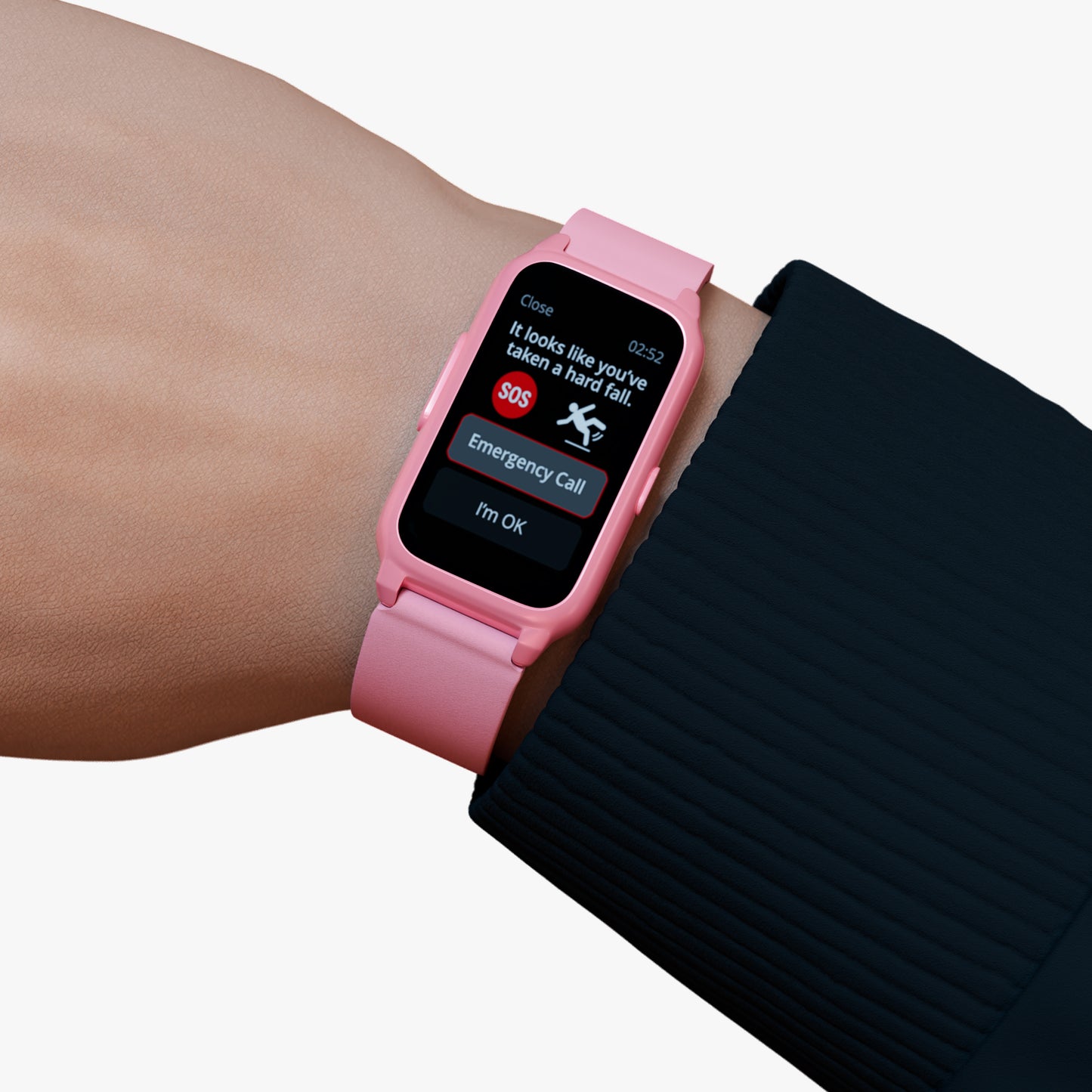With technology continuously evolving, seniors may find it challenging to stay current with the latest advancements, opening up potential vulnerabilities in their online security and privacy. By adapting to modern tech tools and embracing effective online security practices, seniors can confidently engage with the digital world while safeguarding their personal information, privacy, and peace of mind.
MedAlert takes pride in providing innovative safety solutions that protect and empower senior citizens in various aspects of their lives, including digital experiences. While MedAlert offers safety devices tailored for seniors, it is crucial to consider the broader implications of online security and provide seniors with the knowledge and skills required to stay safe in the digital domain.
In this blog post, we will delve into essential digital security tips for seniors, discussing methods to protect personal data, avoid scams, and maintain privacy while navigating the ever-changing realm of technology. Empowering seniors with critical online security skills will allow them to experience the benefits of modern technology without compromising their safety or well-being.
Creating Strong Passwords: The First Line of Defence
One of the most significant steps towards safeguarding personal information online is using strong, unique passwords on all accounts. A solid password can deter hackers and protect critical data. Here are some guidelines for creating and managing passwords:
- Combine letters, numbers, and symbols: Incorporate a mix of uppercase and lowercase letters, numbers, and special characters to create a complex password that is harder to crack.
- Avoid personal information: Steer clear of using easily accessible information such as birth dates, addresses, or family members' names in your password.
- Consider password managers: Utilise reputable password management tools to securely store and manage all your passwords in one place, minimising the risk of forgetting them or writing them down.
By employing robust passwords across all online accounts, seniors can significantly strengthen their digital security and protect their valuable data.
Guarding Against Scams and Fraud: Staying Vigilant Online
Seniors can be targeted by cybercriminals using scams and fraud tactics to obtain personal information or trick them into disclosing sensitive data. Remaining vigilant and aware of common online scams can help seniors stay safe online. Some practical tips for avoiding scams include:
- Be cautious of unexpected emails or messages: Unexpected communication from unfamiliar sources or organisations could be a phishing attempt. Avoid clicking on suspicious links or downloading attachments from unknown senders.
- Verify the legitimacy of websites: Ensure you are dealing with legitimate websites for online shopping or sharing personal information. Look for the padlock icon and "https://" in the browser address bar, indicating a secure site.
- Keep software and antivirus up to date: Regularly update your computer, mobile devices, and antivirus software to protect against the latest threats and vulnerabilities.
By staying vigilant and informed about potential scams and fraud, seniors can further strengthen their digital security and maintain peace of mind while engaging with the online world.
Protecting Your Privacy: Keeping Personal Information Safe
Maintaining online privacy is crucial for seniors, and by proactively managing the type and amount of personal information shared online, seniors can shield themselves from potential privacy risks. Here are some tips for protecting privacy online:
- Adjust privacy settings: Review and adjust privacy settings on social media platforms and other websites to control who can access your personal information and limit the visibility of shared content.
- Be cautious when sharing personal information: Limit sharing of personal information like addresses, phone numbers, and email addresses to trusted contacts, and avoid posting such information on public platforms.
- Disconnect when not in use: Switch off devices or disconnect from Wi-Fi when not in use, reducing the chances of unauthorised access to your personal information.
By actively managing online privacy and carefully controlling the exposure of personal information, seniors can reduce the risks associated with digital disclosure and remain secure online.
Internet Safety Best Practices: Creating a Secure Online Environment
Following a set of best practices in daily online activities can significantly enhance internet safety for seniors. Consider adopting these essential practices for increased digital security:
- Be cautious with public Wi-Fi: Avoid accessing sensitive information or conducting financial transactions on public networks, as they can often be insecure and vulnerable to attacks.
- Recognise secure websites: When shopping online or entering personal information, look for the padlock icon and "https://" in the address bar, signifying a secure, encrypted connection.
- Educate yourself about online security: Stay informed about the latest online security trends and threats, and continually update your knowledge and skills in digital safety.
By embracing internet safety best practices, seniors can create a more secure online environment and engage with technology confidently.
Conclusion
As technology advances, seniors must adapt to protect their digital footprints and maintain their safety and privacy online. By implementing strong passwords, staying vigilant against scams and fraud, protecting personal information, and adhering to internet safety best practices, seniors can harness the benefits of technology without compromising their digital security.
MedAlert remains devoted to supporting seniors in all aspects of their lives, including their experiences in the digital world. With knowledge and effective online security strategies in place, seniors can fully embrace the advantages of modern technology, confident in their capability to safeguard their personal information and privacy.
Browse the digital world with confidence and security, armed with MedAlert’s senior care device with GPS to protect your online presence and utilise innovative safety solutions.


